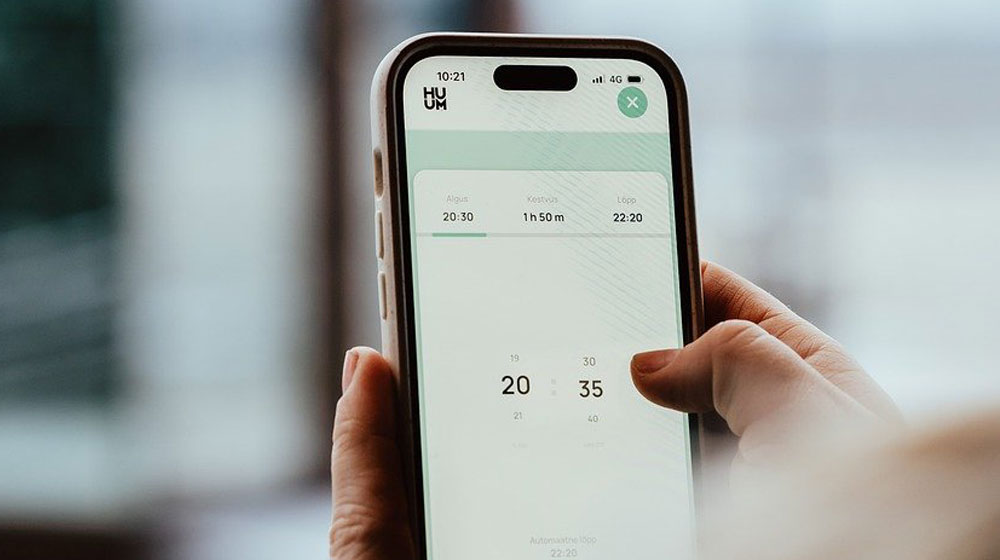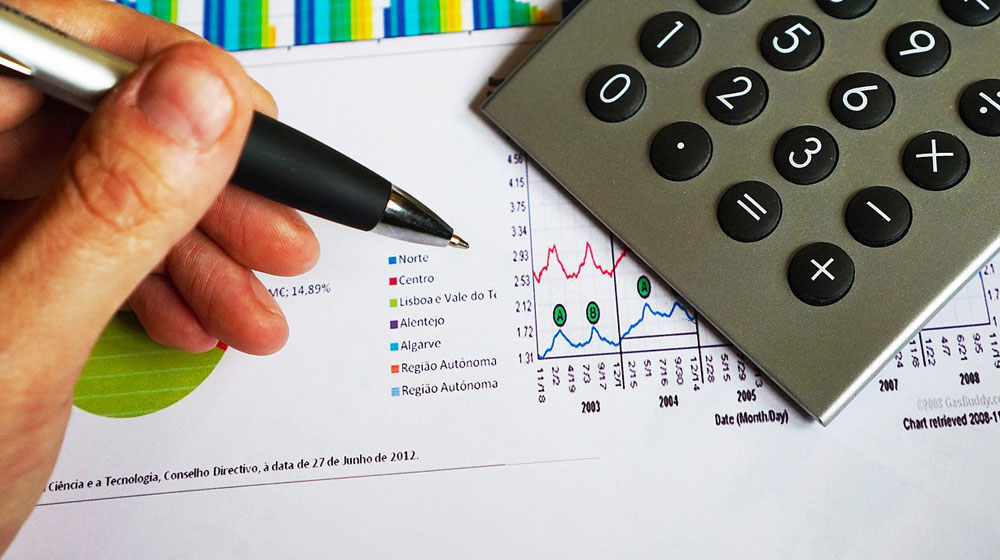Student Loans: What You Need to Know

Pursuing higher education is a significant investment in your future, but it often comes with a hefty price tag. For many students, loans are a necessary part of financing their education. However, if you have bad credit, you might be concerned about your ability to qualify for student loans. Understanding your options and the impact of your credit score on student loans is crucial for making informed decisions about financing your education.
Understanding Credit Scores and Student Loans
Your credit score is a numerical representation of your creditworthiness, which lenders use to evaluate the risk of lending you money. A high credit score indicates that you’re a low-risk borrower, while a low or bad credit score suggests that you may be a higher risk. This can affect your ability to secure loans, the interest rates you’re offered, and the overall cost of borrowing.
When it comes to student loans, there are two main types: federal and private. Your credit score plays a different role depending on the type of loan you’re applying for.
Federal Student Loans: A Credit-Friendly Option
For most students, federal student loans are the best option, especially if you have bad credit. These loans are issued by the U.S. Department of Education and have more lenient credit requirements compared to private loans. In fact, most federal student loans do not require a credit check, making them accessible to students with no credit history or bad credit.
Here are the main types of federal student loans:
– Direct Subsidized Loans: These loans are available to undergraduate students with financial need. The government pays the interest on these loans while you’re in school and during certain other periods.
– Direct Unsubsidized Loans: Available to both undergraduate and graduate students, these loans do not require you to demonstrate financial need. You’re responsible for paying the interest from the time the loan is disbursed.
– Direct PLUS Loans: These loans are available to graduate students and parents of dependent undergraduate students. While they do require a credit check, the credit criteria are less stringent than those for private loans. Even with bad credit, you may still qualify with a cosigner or by demonstrating extenuating circumstances.
Private Student Loans: The Role of Credit
Private student loans, offered by banks, credit unions, and other financial institutions, are more like traditional loans. They typically require a credit check, and your credit score will significantly impact your ability to qualify, the interest rate you’re offered, and the loan terms. If you have bad credit, you may face higher interest rates or even be denied a loan.
However, there are ways to increase your chances of getting approved for a private student loan:
– Apply with a Cosigner: A cosigner with good credit can improve your chances of getting approved and securing a lower interest rate. Keep in mind that your cosigner is equally responsible for repaying the loan if you can’t make payments.
– Look for Lenders That Cater to Students with Bad Credit: Some lenders specialize in offering loans to students with less-than-perfect credit. These loans may have higher interest rates, but they can still provide the funds you need to pay for school.
– Improve Your Credit Score: If you can, take steps to improve your credit score before applying for a private student loan. This could include paying down debt, correcting errors on your credit report, or making sure all bills are paid on time.
Strategies for Managing Student Loans with Bad Credit
If you have bad credit and need to take out student loans, there are several strategies you can use to manage your debt effectively:
– Start with Federal Loans: Maximize your federal loan options before turning to private loans. Federal loans often have better terms, lower interest rates, and more flexible repayment options, making them a safer choice for students with bad credit.
– Consider Income-Driven Repayment Plans: Federal student loans offer income-driven repayment plans, which base your monthly payments on your income and family size. These plans can make your payments more affordable and help prevent default.
– Explore Loan Forgiveness Programs: Depending on your career path, you may qualify for loan forgiveness programs, such as Public Service Loan Forgiveness (PSLF) or Teacher Loan Forgiveness. These programs can significantly reduce the amount you owe over time.
– Refinance After Improving Your Credit: If your credit score improves after graduation, consider refinancing your private student loans. Refinancing can potentially lower your interest rate and monthly payments, saving you money over the life of the loan.
– Stay on Top of Payments: Missing payments can further damage your credit and lead to default, which has severe financial consequences. Set up automatic payments or use reminders to ensure you make payments on time.
While bad credit can make it more challenging to secure student loans, it doesn’t have to be a roadblock to your education. By understanding the differences between federal and private loans, exploring your options, and taking proactive steps to manage your debt, you can finance your education and set yourself up for a brighter financial future. Remember, improving your credit score over time can also open up more favorable loan terms and opportunities for refinancing, making your student debt more manageable in the long run.







